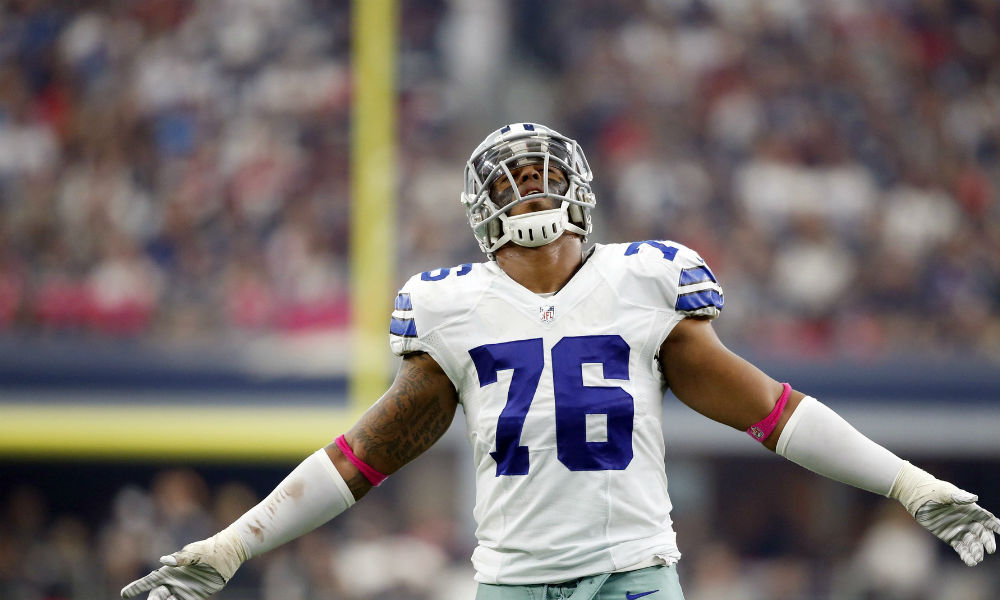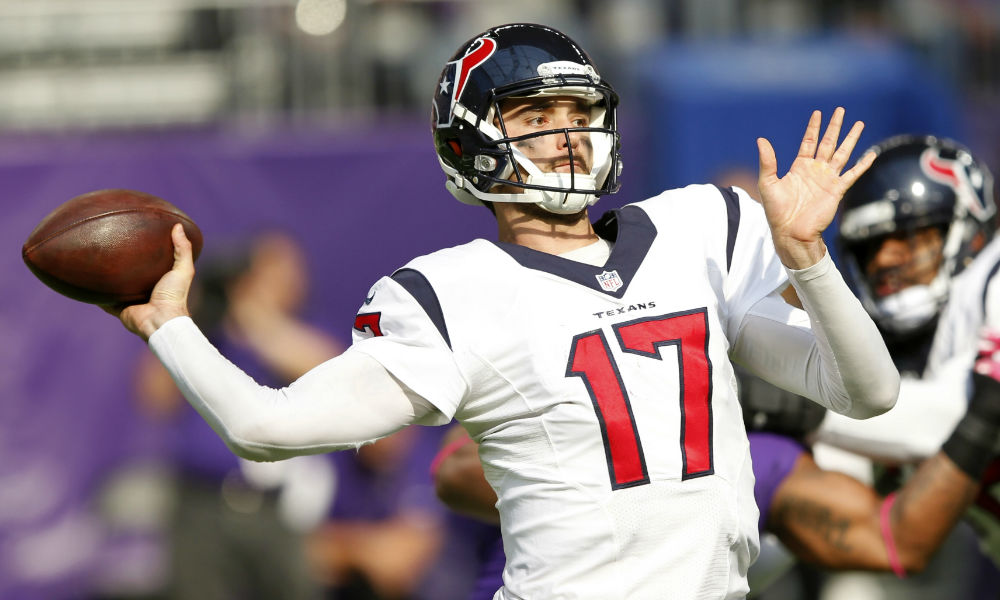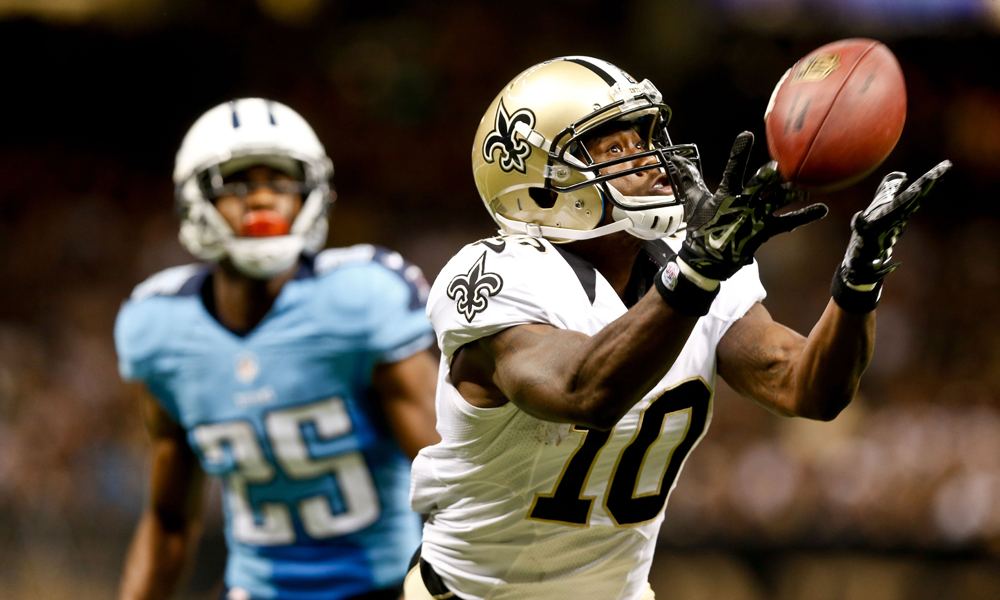News
Belichick Super lucky, and good
Bill Belichick is one of the best and smartest coaches in NFL history. But he’s also one of the luckiest.
The Seattle Seahawks’ brain dead play call in the last half-minute of Super Bowl 49 was not the first time Belichick earned a championship ring because of a foolish move by an opponent.
In fact, all four of his Super Bowl victories with the Patriots were made possible by an opponent’s mental screwup in crunch time. For that matter, you could go back to the second championship Belichick earned as defensive coordinator with the Giants against Buffalo for another victory on an opponent’s error, but that time, it was physical — Scott Norwood’s missed field goal.
But there is no need for Belichick to apologize. It’s not all that unusual for a coach to get brainlock in crunch time, and one sign of a championship team is to take advantage of those moments.
You only have to go back to the last NFL dynasty, the San Francisco 49ers of the 1980s and the 1990s, to find plenty of examples. Many coaches went brain dead facing the 49ers, the most notable Jim Mora in the 1990 season opener at New Orleans.
With the 49ers out of time outs and the Saints ahead by two points and facing 3rd-and-5 with 1:47 to go, Mora ordered quarterback John Fourcade to throw a pass. At the time, Fourcade had completed 12 of 32 attempts with two interceptions. The odds of a 13th completion were not good.
Predictably, the pass was incomplete, and that left Joe Montana 90 seconds rather than about 50 to march the 49ers to a winning field goal.
Incidentally, in the wake of the Patriots’ fourth title in 14 years, some people are calling them the greatest dynasty in NFL history. Sorry, but they are not. Even allowing that Green Bay’s five titles in seven years in the ‘60s, or Pittsburgh’s four in six years in the ’70s, came in what seem now like the dark ages, consider the 49ers of the ‘80s and ‘90s: five Super Bowl titles without defeat in 14 years, and 16 straight seasons of at least 10 victories. The Patriots have won four in 14 years and lost two others, and had 12 straight years of at least 10 victories.
Moreover, New England’s average margin of victory in its four championships is 3.25 points. San Francisco’s average margin of victory in five Super Bowls: 19.8 points.
The Patriots certainly have, however, benefitted from the kind of good fortune that dynasties get, so consider:
Super Bowl 36 — The Rams had the best rushing average in the league and the Patriots were the 11th worst against the run. No one in the league averaged more than Marshall Faulk’s 5.3 yards a rush, but Rams coach Mike Martz chose to limit Faulk to just 17 carries, below his regular-season average.
Super Bowl 38 — Carolina’s John Fox violated a cardinal rule of coaching by chasing points. With more than 12 minutes to go, he went for a two-point conversion, effectively igniting a three-point difference in what ultimately was a three-point game. Having gone for two when he should not have, Fox essentially was forced to go for two the next time, also, failing again and leaving the Panthers with a one-point lead instead of a three-point lead they would have had by kicking extra points.
As a result, when the Patriots scored their next touchdown, they also went for two and made it, to lead by seven. Had Carolina kicked the two extra points it failed on, Belichick admitted he’d have just kicked the point. If nothing else changed, the game would have gone to overtime, but perhaps the dynamics would have been different before Adam Vinatieri’s winning field goal because the Panthers would have been three points ahead instead of tied.
Super Bowl 39 — When Philadelphia got the ball with 5:40 remaining, trailing by 10, coach Andy Reid did not order the Eagles into a hurry-up offense. As a result, when they finally scored a touchdown, there was only 1:55 remaining and, when they got the ball for the last time with no time outs left, they were at their own 4-yard line and there were just 46 seconds remaining.
Super Bowl 49 — We’ll be talking for years about the Seahawks’ decision to throw on second down from the one instead of handing off to Marshawn Lynch. It will go down as one of the great bonehead plays in sports history, and should serve as a reminder to coaches that an old axiom remains true: If you are going to get beaten, lose with your best.
We saw a great example of that only a few months ago when the San Francisco Giants allowed Madison Bumgarner to finish the seventh game of the World Series even though he was pitching his fifth inning on short rest.
No doubt many mangers would have called for a reliever with the tying run on third base in the last of the ninth. Giants manager Bruce Bochy stuck with Bumgarner and was rewarded with a third World Series title in five years. Seattle failed to win a second straight Super Bowl because it chose not to trust Lynch with the pivotal play.
None of this is meant to take away from what the Patriots have done, which is a great achievement in the free agency era and easily attributable to the brilliance of Belichick and Tom Brady. But since we live in this “latest and greatest” era, it seems a little perspective is in order.
–Ira Miller is an award-winning sportswriter who has covered the National Football League for more than three decades and is a member of the Pro Football Hall of Fame Selection Committee. He is a national columnist for The Sports Xchange.
News
Buccaneers admit mistake, boot Aguayo
Source: Mike Florio of ProFootballTalk
Powered by WPeMatico
News
Did Bucs put too much pressure on Aguayo?
Source: Mike Florio of ProFootballTalk
Powered by WPeMatico
News
Broncos holding their breath on Derek Wolfe
Source: Mike Florio of ProFootballTalk
Powered by WPeMatico




